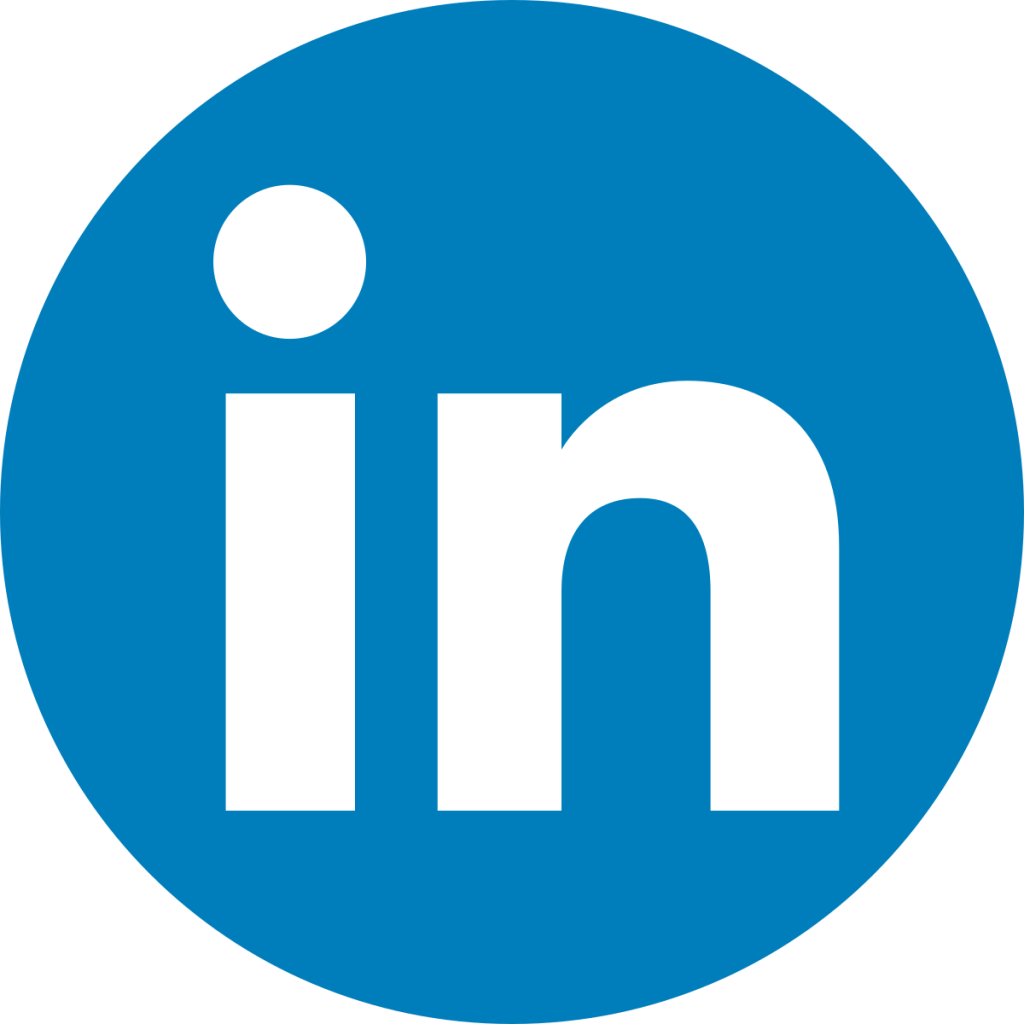According to the FDA, nearly 80% of all prescriptions were filled with generic drugs in 2015. And as more and more patents for popular drugs are coming to an end, it’s estimated that this figure will actually continue to rise for years to come. Yet, the perception remains that brand name prescriptions are more effective than generics. Let’s examine the two and then discuss how to speak with your doctor about the benefits and drawbacks of brand name and generic prescriptions.
Generic Prescription Requirements
The FDA has rigorous standards when it comes to generic drugs. These medications are required to have the same active ingredient as their brand name counterpart, as well as the same strength, dosage form, and route of administration. However, they are not required to contain the same inactive ingredients.
Additionally, the manufacturer must prove that the generic version of the drug is bioequivalent to the brand name version. This means that levels of the drug in the bloodstream after having taken the generic medicine should be the same as those after having taken the brand name, and thus should have a similar effect on the patient. The FDA does admit, however, that “some variability can and does occur during manufacturing” but that there are strict limitations on the acceptable amount of variation for each drug.
Why Are Prescription Drugs More Expensive?
Studies indicate that, on average, generic prescriptions are nearly 85% cheaper than brand name prescriptions, despite the fact that the FDA employs rigorous testing to ensure that both drugs work identically. However, many consumers wrongly assume that less expensive must also mean lower quality. Of course, this isn’t the case, and the cost discrepancy can be explained quite easily.
The main reason that prescription drugs are so much more expensive than generic medications is due to the clinical trials that prescription drug manufacturers must perform in order to receive market approval. These trials easily run into the tens of millions of dollars and are required to be tested across three phases to prove the accuracy of the data. Additionally, as anyone who watches television with any degree of regularity is aware, these companies spend massive amounts on marketing, advertising, and general promotion with each new drug that goes to market.
Another reason that brand name prescriptions are so expensive in the United States is that drug manufacturers set their own prices here, which isn’t the case in most other developed countries. As a result, these manufacturers will often perform minor updates to their drugs in order to extend their patents beyond the standard 20-year mark in order to remain the exclusive manufacturer and continue to profit from the high price of a drug.
This often leads to “pay for delay” lawsuits being filed by generic companies, but the profits of the prescription drug often trump the amount lost in these suits, which means they usually aren’t much of a deterrent. This is a serious problem, as drug prices decline precipitously once patents expire and there are two or more generics on the market.
Speaking with Your Physician About Generic Prescriptions
To learn more about the costs and benefits of generic prescription medications, you should speak to your physician or pharmacist. Basically, you should make it clear that you want the most effective drugs possible at the lowest cost. Every state has laws in place that allow your pharmacist to substitute brand name drugs for generic prescriptions as long as your physician didn’t specify the brand name prescription to be filled. However, some pharmacists and insurance companies are incentivized to convince their patients to switch medications, so be sure to ask the following questions if this is being suggested:
- Does the new drug work the same for your specific condition?
- Are there any other side effects or risk factors that could be problematic?
- Is the dosage and method of delivery the same?
- Does your pharmacist have a business relationship with the drug manufacturer?
- Is the new medication more or less expensive? Does it benefit the insurance plan or you?
- How has the drug performed in clinical trials or for other patients?
Your doctor should be able to describe in simple and direct terms how and why the brand name medication is a superior alternative to its generic counterpart for your condition. If he or she is unable to do so, it might be wise to then inquire about their relationship to the drug manufacturer. If you again receive an inconclusive or unconvincing answer, you should seek a second opinion regarding your prescription choices.
References
Facts about generic drugs. (2016). FDA. Retrieved from https://www.fda.gov/drugs/resourcesforyou/consumers/buyingusingmedicinesafely/understandinggenericdrugs/ucm167991.htm
Lupkin, S. (2016, August 23). 5 reasons prescription drug prices are so high in the United States. Time. Retrieved from http://time.com/money/4462919/prescription-drug-prices-too-high/




